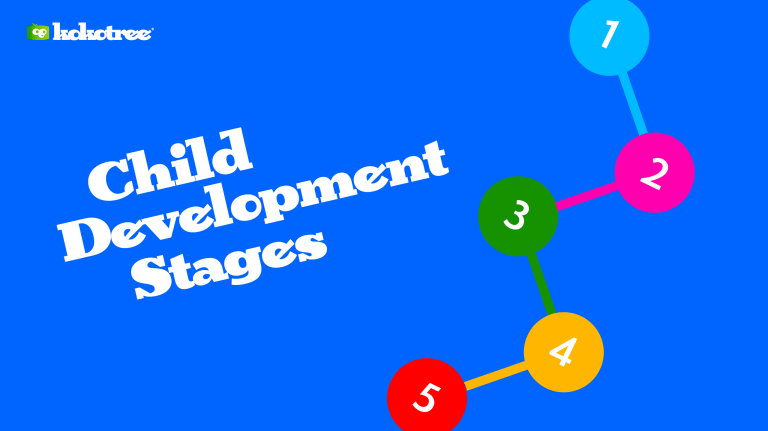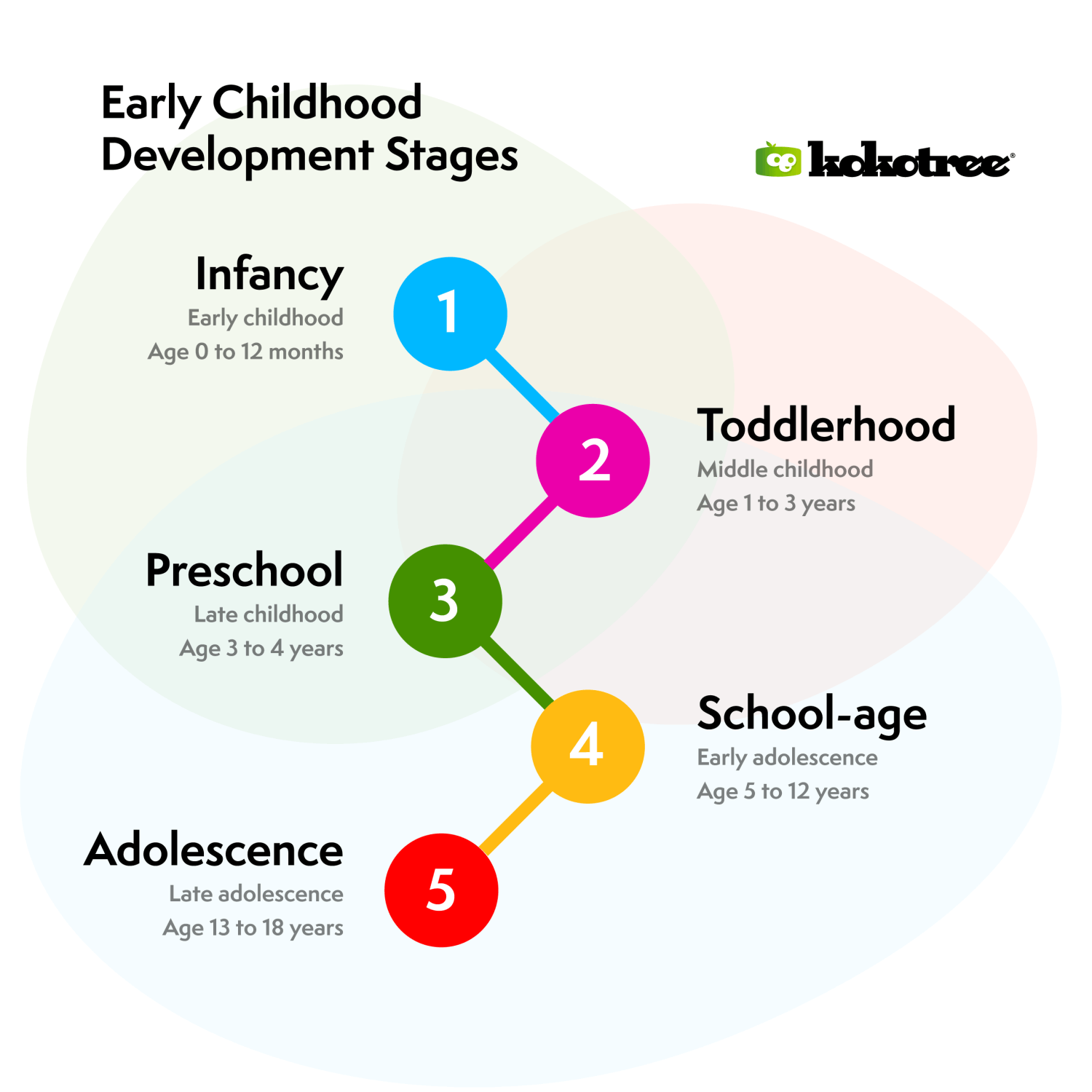

As a parent, ensuring the best environment for your child’s growth and development is paramount. But what are the stages of child development, and how can you best support your child through each one? This article provides a detailed look into the early childhood development and adolescence stages, offering actionable tips to help your child flourish at every step.
Quick Summary:

One of the most profound and cherished periods in life is the early years of a child. Understanding the early childhood milestones and the pace at which your child progresses is essential.
Infancy is a pivotal time when children constantly interact with their environment, assimilating experiences that define their future behavior.
Characteristics: Infants are completely dependent on caregivers. This stage is marked by rapid physical growth, development of motor skills, and the beginnings of emotional and sensory exploration.
Skills learned:
How can parents help? Provide a nurturing environment and opportunities for exploration to encourage positive development.
In toddlerhood, children grow substantially, mastering skills like walking, talking, and exhibiting increased independence.
Characteristics: Toddlers start asserting their independence, experiencing rapid language development, and showing increasing mobility.
Skills learned:
How can parents help? Foster an environment of exploration and play, setting clear milestones and understanding behavioral changes.
Preschool is crucial for honing social skills and abstract thinking, laying the foundation for school success.
Characteristics: Children in this preschool age stage start formal schooling, further enhancing their language and cognitive skills. There’s a growing sense of self and an understanding of rules and structures.
Skills learned:
How can parents help? Choosing the right preschool program tailored to your child’s needs is paramount.
As children approach adolescence, their growth journey evolves significantly. Understanding this transformation is vital for parents.
This stage is essential for fostering social and academic skills equipping children for future challenges.
Skills learned: Problem-solving, decision-making, self-awareness, peer relationships.
How can parents help? Engage in shared activities and set clear behavioral boundaries, promoting responsible decision-making.
Adolescents develop vital skills that shape their life’s trajectory, emphasizing relationships, self-discovery, and exploring passions.
Skills learned: Relationship understanding, self-discovery, exploration of interests.
How can parents help? Maintain active involvement in your adolescent’s life, nurturing growth by allowing responsibilities and guiding exploration.
The stages of childhood development are pivotal, demanding active parental support at every juncture. Understanding each stage and staying involved can lay a strong foundation for your child’s successful future.
Further reading: What is Early Childhood Education?



